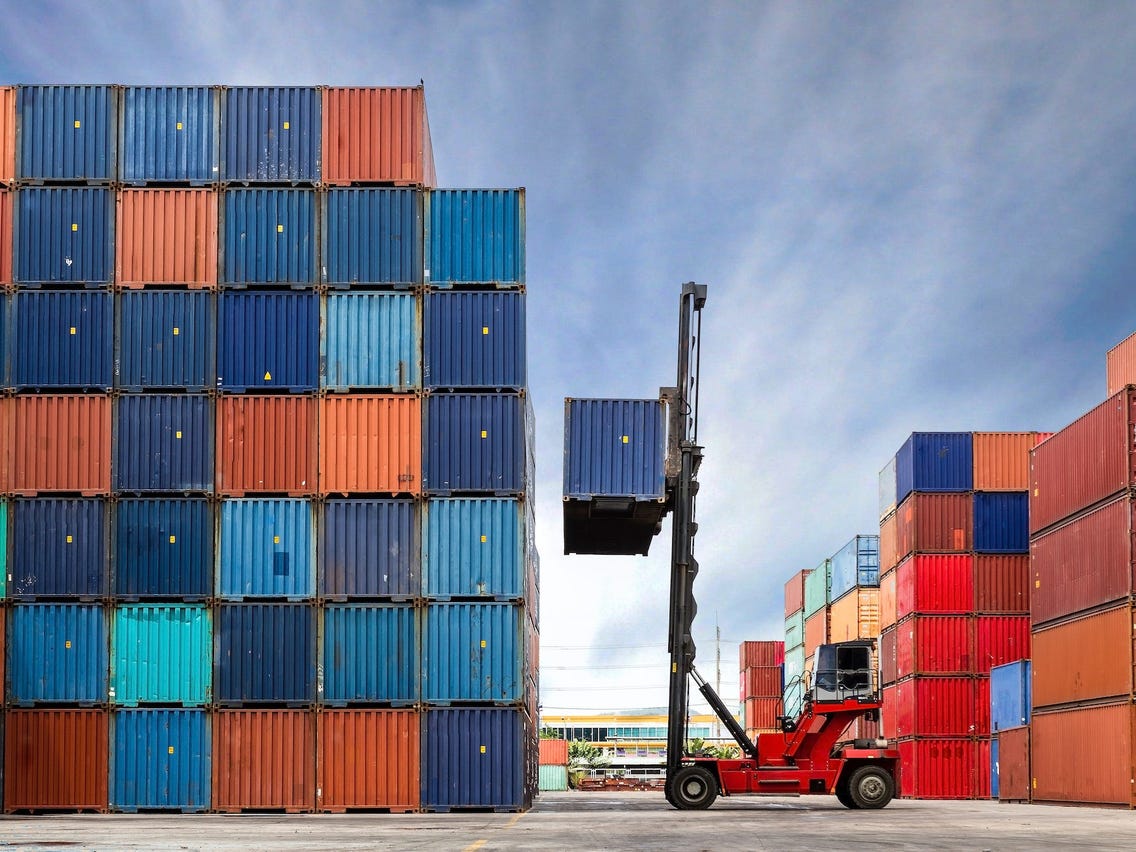The Importance of Intermodal Containers in Nigeria’s Shipping Industry
The Importance of Intermodal Containers in Nigeria’s Shipping Industry
The Nigerian shipping industry has been on the rise in recent years, with an increase in container traffic. This has led to an increase in demand for intermodal containers. As a result, Nigeria is now looking to import these containers from abroad to meet this need. So what are intermodal containers? They are containers that are used for the transportation of goods between different modes of transport, such as land, air, or sea, and are usually transported by truck trailers. With the increased demand for them within Nigeria’s shipping industry, it’s important to understand what makes them so desirable.
What are intermodal containers?
They are containers that can be used for the transportation of goods between different modes of transport, such as land, air, or sea. Intermodal containers can also be found in rail freight service. They are typically transported by truck trailers.
One of the main advantages of intermodal containers is that they can be used on all modes of transport due to their flexibility. The ability to move from one mode to another is beneficial for logistics and transportation companies who need a more efficient way to move cargo.
Additionally, intermodal containers are environmentally friendly because they reduce freight emissions and carbon dioxide output from trucks transporting them.>>END>>
Why are they so important in Nigeria’s Shipping Industry?
Intermodal containers are important in Nigeria’s shipping industry because they provide more flexibility than other types of containers. They offer the ability to transport goods by trucks, rail, and ships.
Additionally, intermodal containers are a lower cost option for transporting cargo from point A to point B. This is due to the fact that they take up less space (meaning you can fit more in them) and have a much lower rent cost than other types of containers.
Intermodal containers are also commonly used for international trade, which makes them an attractive option for importing goods into Nigeria. With these factors in mind, it’s easy to see why intermodal containers are popular among companies within the Nigerian shipping industry.
How does the Nigerian shipping industry need to diversify its container types?
Nigeria is looking to diversify its container types so that it can successfully meet the needs of a growing shipping industry.
In recent years, Nigeria’s shipping industry has seen a surge in demand. This increased demand has led to the need for more containers and an increase in imports.
Container traffic is expected to double by 2020 with predicted growth in intermodal container usage. To meet this anticipated growth, Nigeria’s shipping industry will have to rely on imports from abroad.
However, importing containers from abroad requires a lot of logistics and planning due to the various regulations surrounding importation of goods. To make this process easier, Nigerian importers are looking to diversify their container types through using different modes of transportation when moving cargo within the country.
As a result, Nigerian importers are now turning to intermodal containers that have been designed specifically for the shipping industry.
Conclusion
Intermodal containers are durable and reliable, which makes them perfect for the Nigerian shipping industry. They’re also good for the environment. Additionally, intermodal containers are easy to transport and can be used as a storage container when not in use.
All these factors make intermodal containers a great option for Nigeria’s growing shipping industry.








LEAVE A COMMENT
You must be logged in to post a comment.